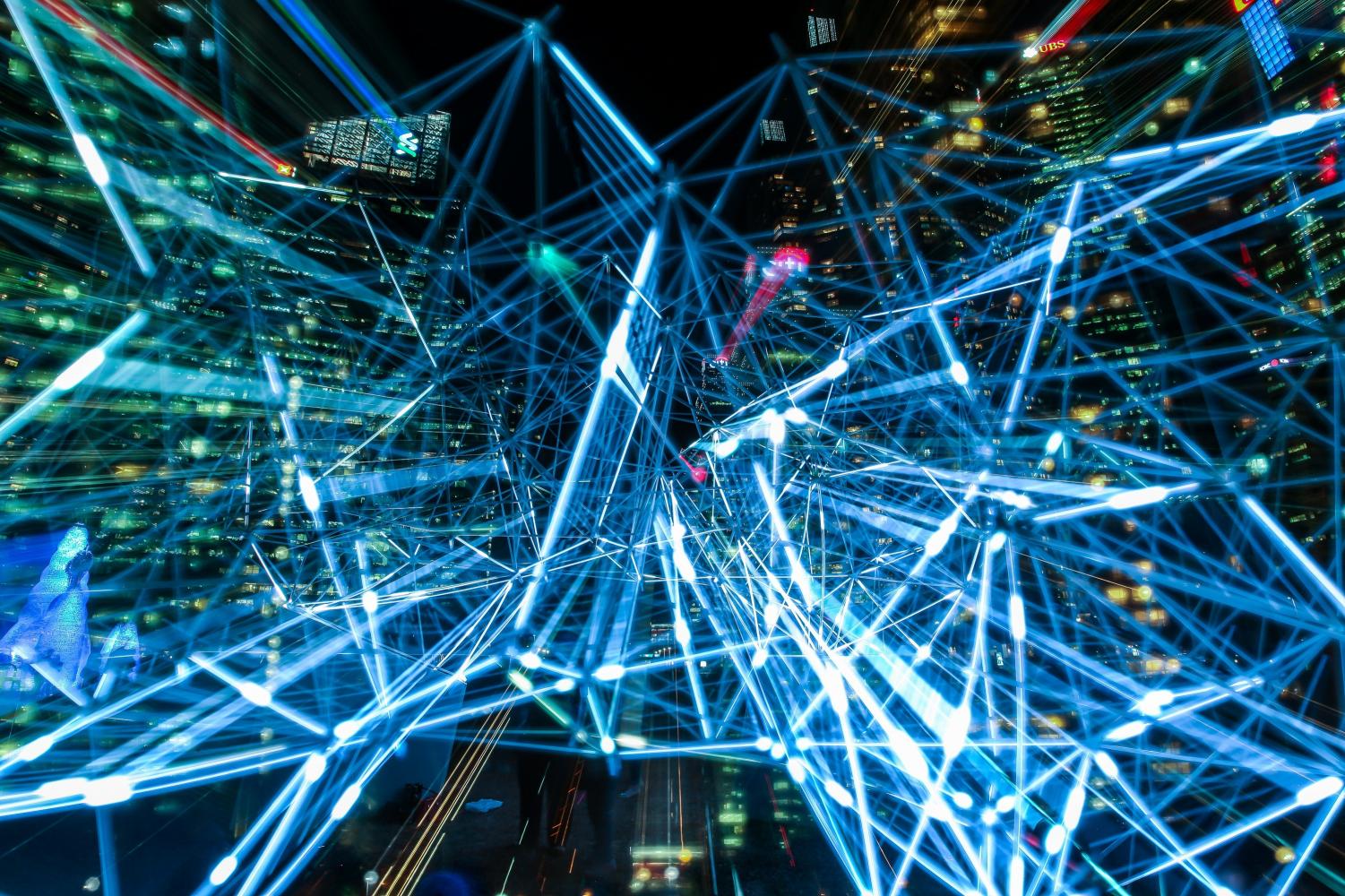Rewiring Intelligence
January 31, 2019
Today we stand at the juncture of a revolution where the product of our own inventiveness has the ability to alter the course of history. In an era of smartphones, Amazon Alexas, and Google assistants, there is no doubt technological advancements have cast rippling waves and driven generational shifts. But unfolding in the new year, the tech industry projects that the development of modern technology will lay the groundwork for upcoming breakthroughs that will further change the world as we know it.
Many innovations are expected to reach the market in 2019, but software experts forecast the dominance of one catalytic invention: Artificial Intelligence. Last year alone, a paradigm of AI-driven devices hit mainstream, as digital assistants infiltrated technology in devices like your GPS system or Amazon recommendations. The creation of these algorithm-driven machines possess the capability to sense, comprehend, learn language, and mimic many aspects of the human mind, producing the shocking potential to supersede human capacities.
As of last year, however, the experimental stages of AI have concluded, and the tech world expects to deliver ground-breaking productivity improvements and widespread deployment of AI. Plunging into near future, AI-led automation will be infused in much more technology, blurring the boundary between what is real and what is synthetic.
According to a survey conducted by the global accounting firm PwC, this year alone 20% of 1,000 business executives surveyed plan on implementing new AI in 2019, enterprise-wide. If these ambitious plans reach fruition, many U.S. companies will use AI enhancements throughout entire establishments.
Technicians now envision a future of not just one AI, but thousands, each specializing in complex tasks. Forbes Technology Council extrapolates that data management, business processes, information technology (IT) services, customer support, and many other sectors will witness automation via neural networks and machine-learning-based solutions. Synthetic media will also make an appearance, with the adoption of powerful new tools to create highly realistic computer-generated imagery.
In many cases we won’t even know it’s there – as machine learning services work stealthily in their clouds, controlling everything from power networks to distribution logistics and financial transactions.
As these new technologies covertly invade our everyday lives, they promise to disrupt the way our conventional organizations operate. The networked artificial intelligence intends to revolutionize our societal structure, sweeping through every industry from healthcare and business to agriculture and marketing. They will rewire the world in ways we cannot even imagine.
“As a technologist, I see how AI and the fourth industrial revolution will impact every aspect of people’s lives,” said Fei-Fei Li, professor of Computer Science of Stanford about the recent development of AI.
In a rapidly-changing landscape, the verdict remains inconclusive as to the long-term impact of AI development. As AI proliferates at an exponential rate, the incorporation will undoubtedly interfere with the workforce—whether it creates jobs, eliminates them, or even both. In the current digital revolution, it becomes increasingly important to adapt accordingly and design programs and policies to aid citizens in appropriate education, career, and retraining pathways.
However, time will tell whether these “smart” machines will complement or replace human capabilities. Veering towards a future with sophisticated logical systems that surpass human intelligence, skills that are the most uniquely human and irreplaceable will become valuable assets in the 21st century.
This alone has critical implications across fields of education. To prepare for the unforeseeable future, our society must cultivate transferable skills that include communication, problem-solving, teamwork, leadership, critical thinking, and creativity. These personal attributes differentiate individuals and represent qualities that will make employees marketable in the future economy.
“Soft skills are going to be the hard currency in the job market as AI and Tech takeover some of the jobs that can be performed without people,” said Bernard Marr, analytical specialist and author. Society is also poised to grapple with ethical challenges that arise from the development of AI. Technicians, researchers, activists, and even lawyers already emphasize the need for transparency with AI and the implementation of ethical boundaries and regulations to avert catastrophic outcomes. The employment of judgment and values, and the free will to make real, human decisions, should be prioritized to navigate uncharted ground.
As the future portends the unimaginable, mankind carries a heavy burden of responsibility. While the progress of Artificial Intelligence will depend upon the mindset of future generations, the potential at this point rests in our own hands. For now, we, as a Microsoft AI commercial so profoundly states, “have more power at our fingertips than entire generations that came before us.” So here is the pressing question: “What will you do with it?”

